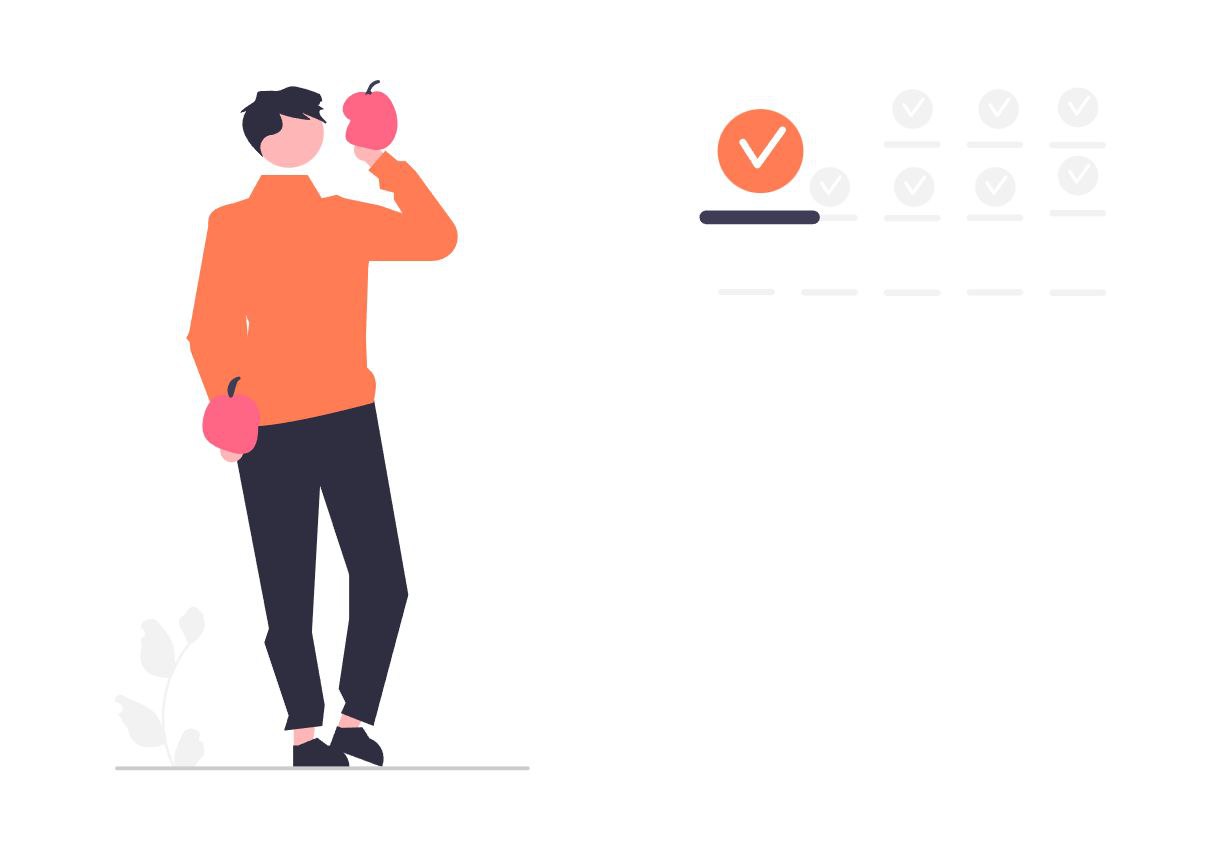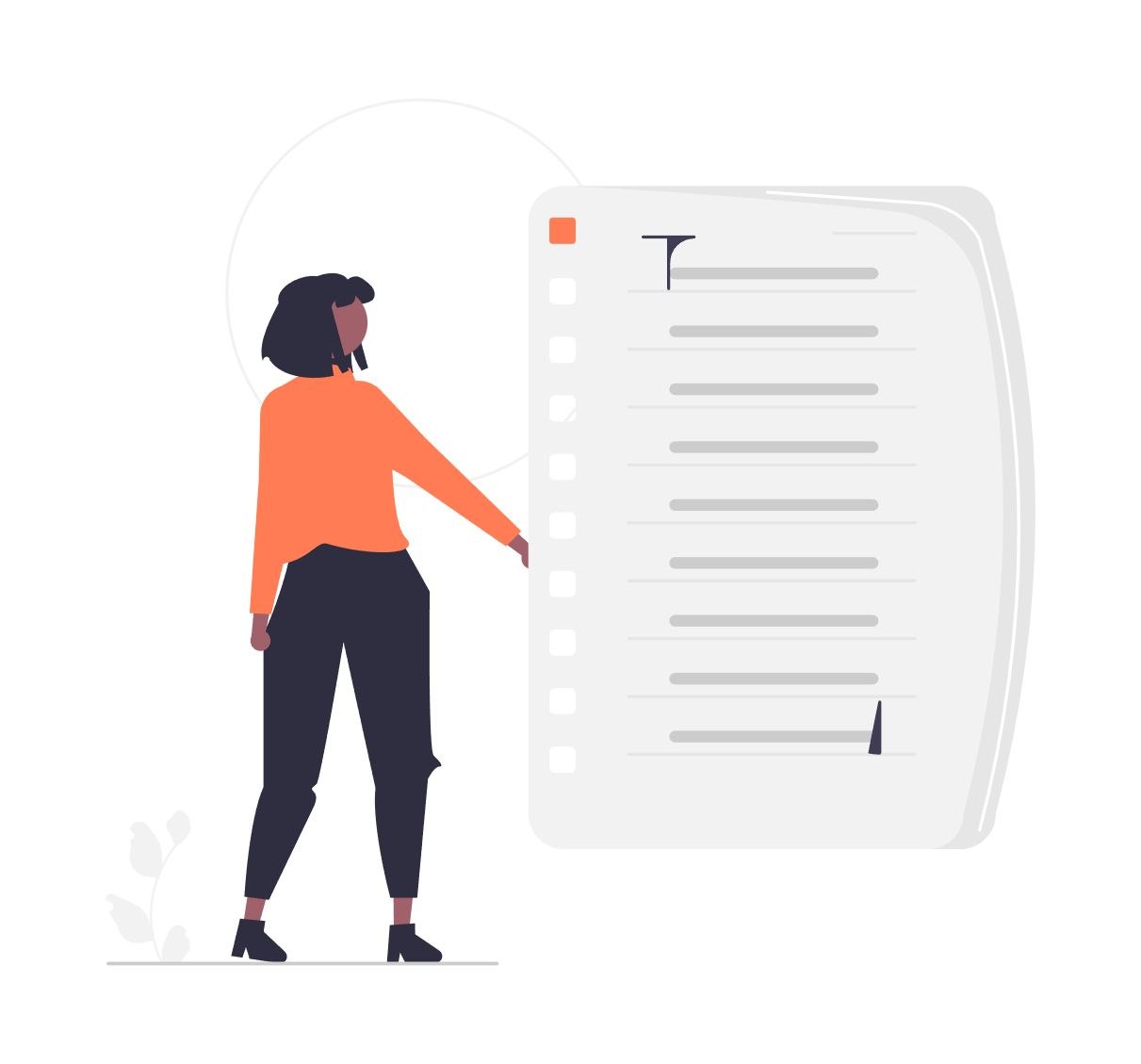Unlock Your English Fluency: Self-Study Tips for Success
Learning a new language, especially English, can feel daunting. But with the right approach and a sprinkle of self-discipline, you can achieve fluency through effective self-study. This guide provides practical tips, tricks, and hacks to make your self-study journey enjoyable and rewarding. We'll focus on improving your conversational skills, specifically how to open conversations effectively.
Setting the Stage for Success: Your Self-Study Plan
Before diving into the material, creating a structured plan is crucial. Think of it as your roadmap to fluency. Consider these points:
- Set Realistic Goals: Don't try to learn everything at once. Start with small, achievable goals, like learning 5 new words a day or practicing conversations for 15 minutes daily.
- Find Your Learning Style: Are you a visual, auditory, or kinesthetic learner? Tailor your study methods accordingly. Visual learners might benefit from flashcards and videos, while auditory learners might prefer podcasts and audio books.
- Create a Dedicated Study Space: Minimize distractions by finding a quiet, comfortable space where you can focus.
- Schedule Regular Study Times: Consistency is key. Treat your study time like an important appointment you can't miss.
Mastering the Art of Conversation Starters
Opening a conversation in English can be nerve-wracking, but with practice, it becomes second nature. Here are some effective conversation starters:
- Comment on your surroundings: "Beautiful day, isn't it?" or "I love the atmosphere in this cafe." These are simple, non-intrusive openers.
- Ask open-ended questions: Avoid yes/no questions. Instead, ask questions that encourage detailed responses. For example, instead of asking "Do you like coffee?", try "What's your favorite type of coffee and why?"
- Use relevant current events: If you're in a shared space, a comment about a recent news event (positive and neutral topics are best) can spark a conversation.
- Show genuine interest: People appreciate genuine interest. Listen actively and respond thoughtfully to what they say.
- Embrace small talk: Don't underestimate the power of small talk. It's a great way to build rapport and transition into deeper conversations.
Practical Hacks and Tricks for Self-Study
Here are some practical tips to enhance your self-study experience:
- Use language learning apps: Apps like Duolingo, Babbel, and Memrise offer interactive lessons and gamified learning experiences.
- Watch English movies and TV shows with subtitles: This helps you improve your listening comprehension and vocabulary.
- Listen to English podcasts and audiobooks: This is a great way to improve your pronunciation and listening skills. Try focusing on podcasts related to your interests.
- Read English books and articles: Start with materials that are appropriate for your level and gradually increase the difficulty.
- Find a language exchange partner: Practicing with a native speaker or another learner is invaluable for improving your fluency. Many online platforms connect language learners.
- Record yourself speaking: This helps you identify areas for improvement in your pronunciation and fluency.
- Don't be afraid to make mistakes: Mistakes are a natural part of the learning process. Embrace them as opportunities to learn and grow.
Overcoming Challenges in Self-Study
Self-study requires discipline and motivation. Here are some strategies to overcome common challenges:
- Stay motivated: Find ways to make your studies fun and engaging. Reward yourself for achieving your goals.
- Combat procrastination: Break down your study sessions into smaller, manageable chunks. Use the Pomodoro Technique (25 minutes of study followed by a 5-minute break).
- Seek support: Connect with other English learners online or in person. Sharing experiences and challenges can be incredibly motivating.
- Be patient: Learning a language takes time and effort. Don't get discouraged if you don't see results immediately. Celebrate your progress along the way!
Embrace the Journey: Your Path to English Fluency
Learning English through self-study is a journey, not a race. By following these tips, staying consistent, and embracing the process, you'll be well on your way to achieving fluency and confidently opening conversations in English. Remember to celebrate your successes, learn from your mistakes, and never give up on your language learning goals. Good luck!


